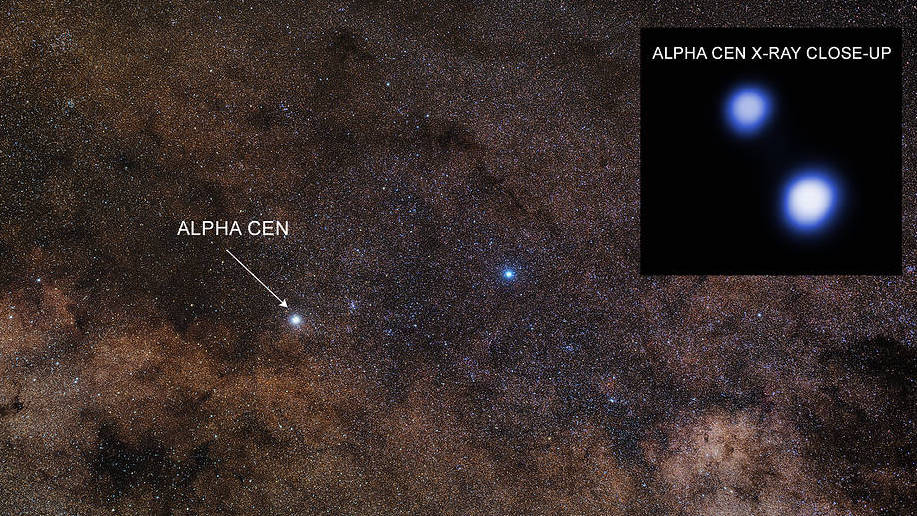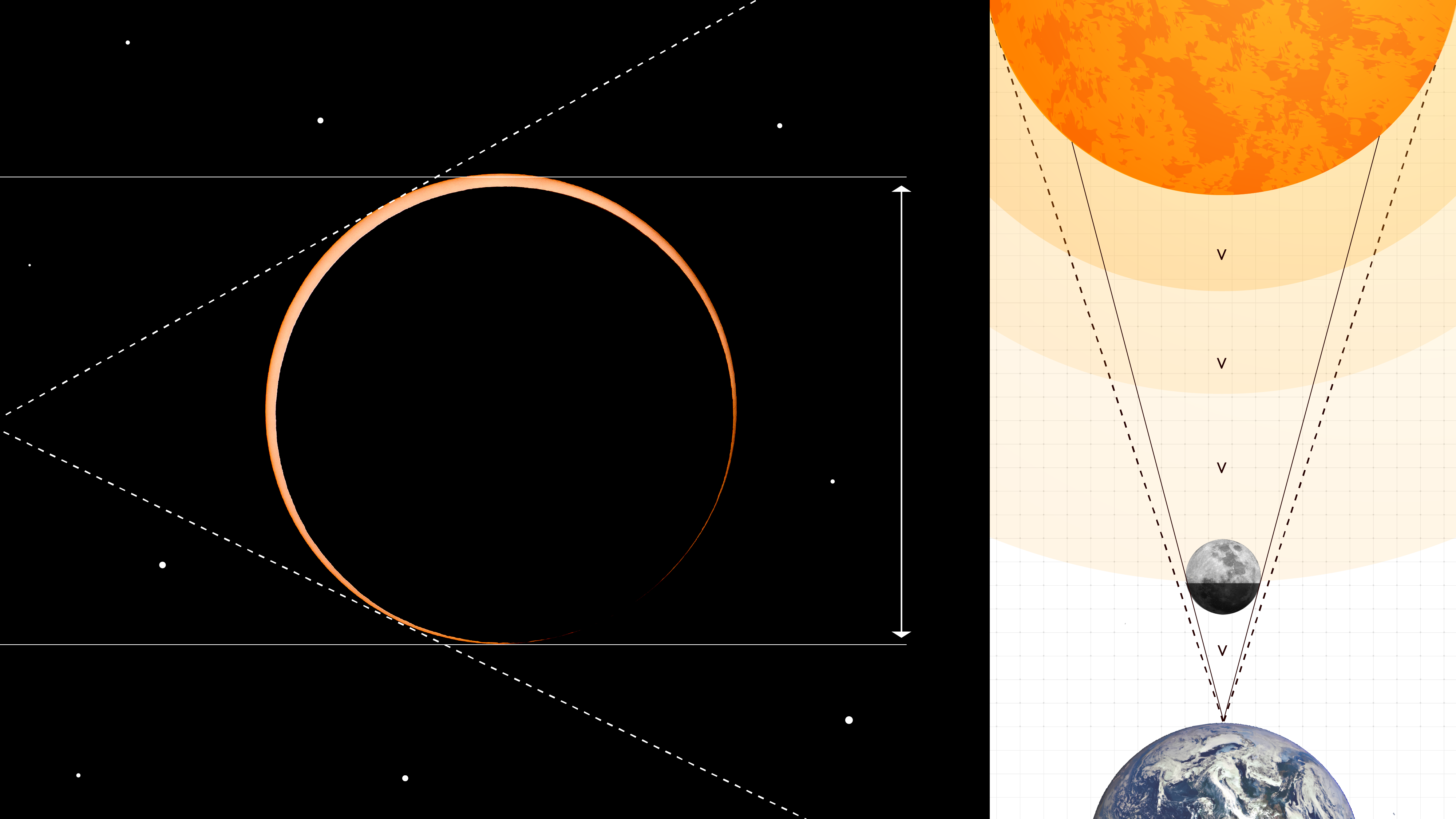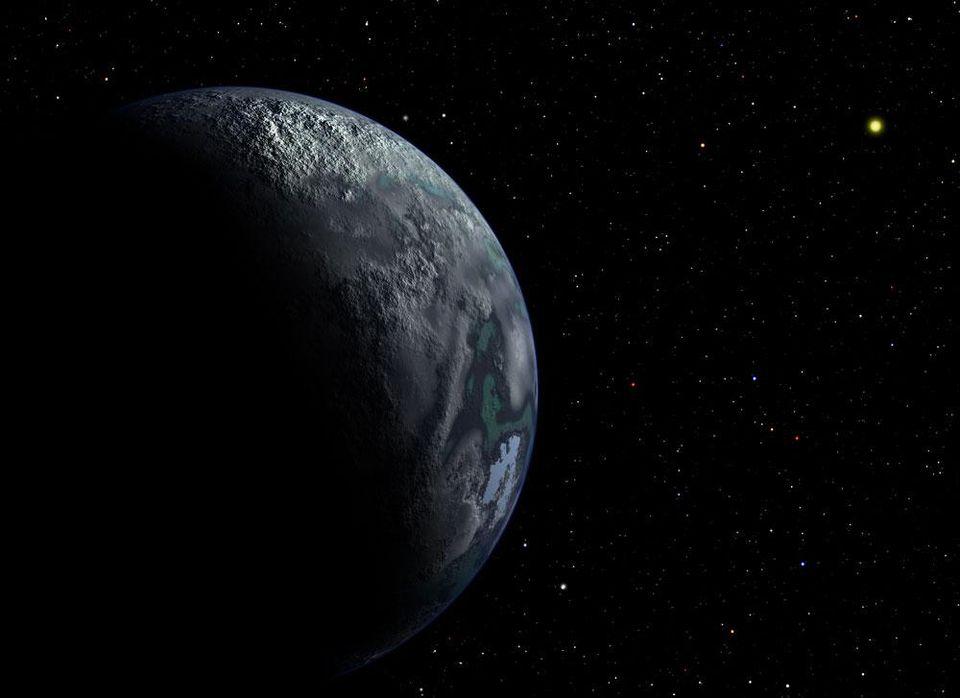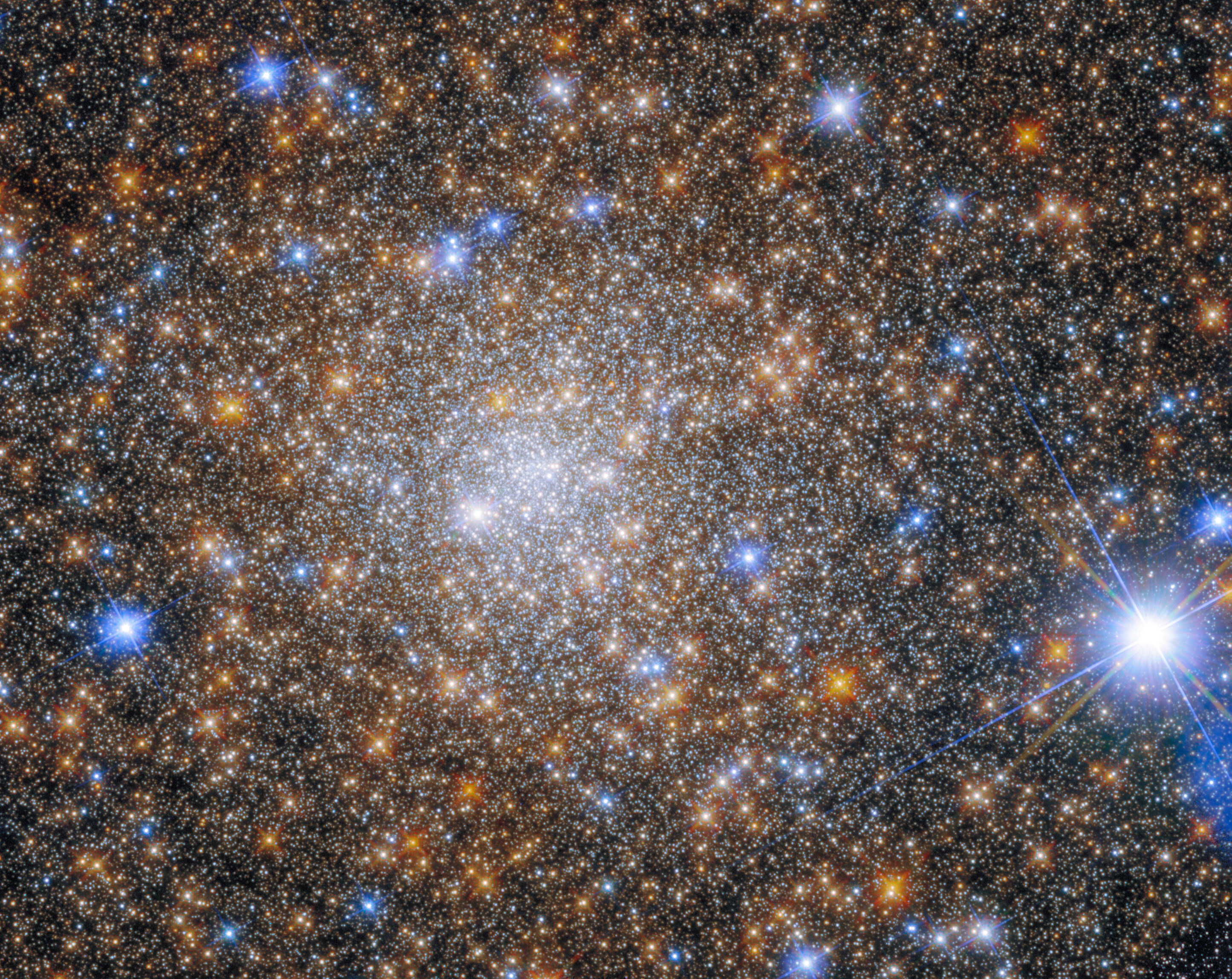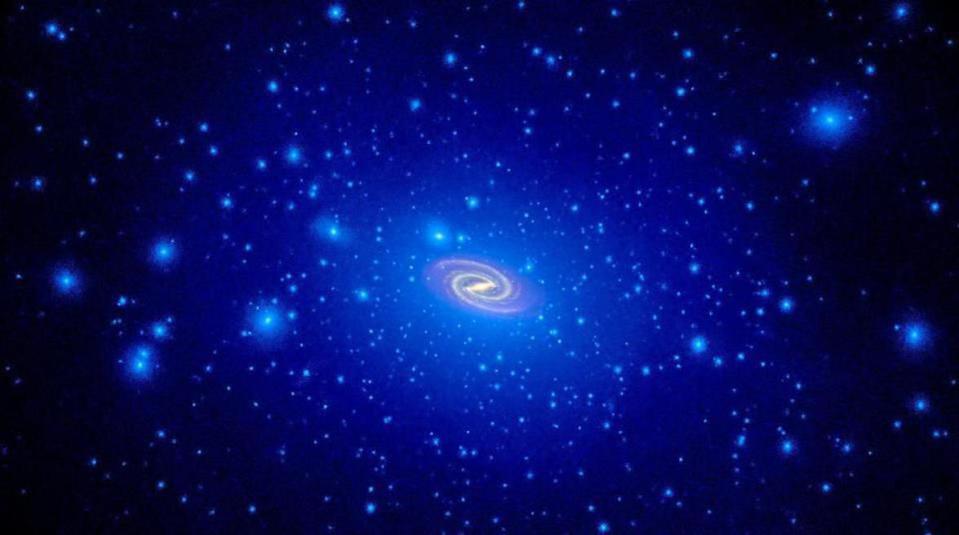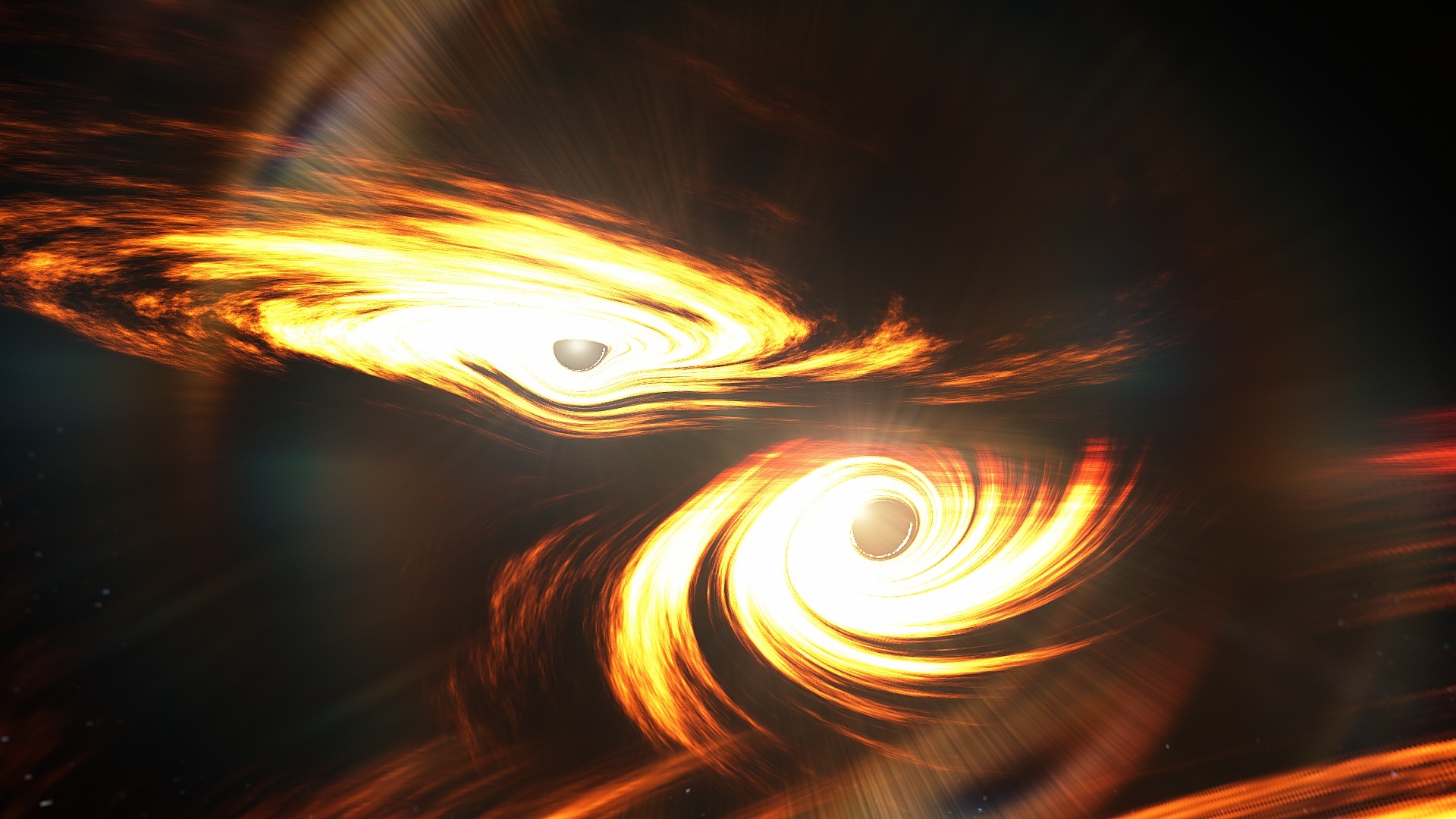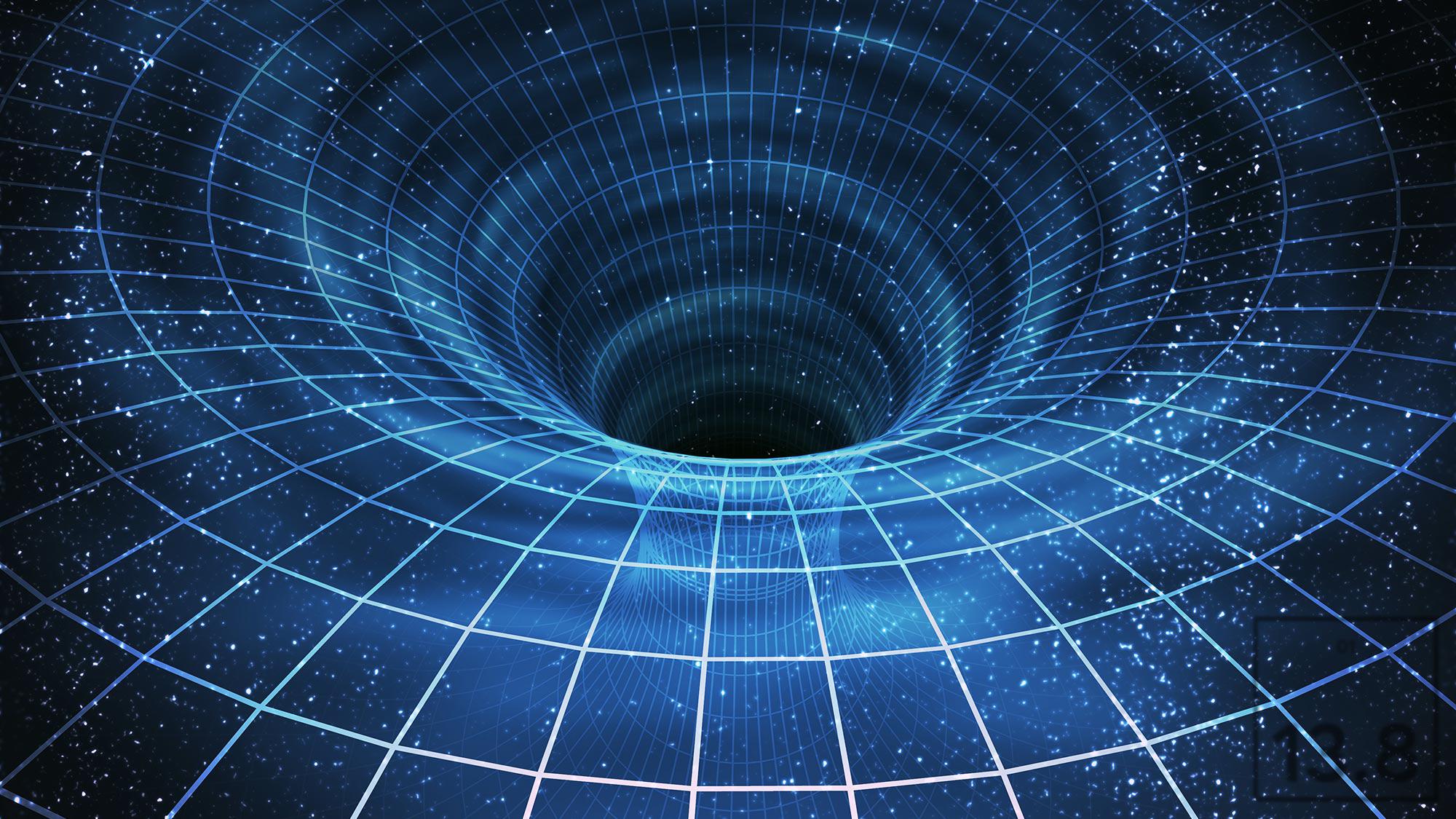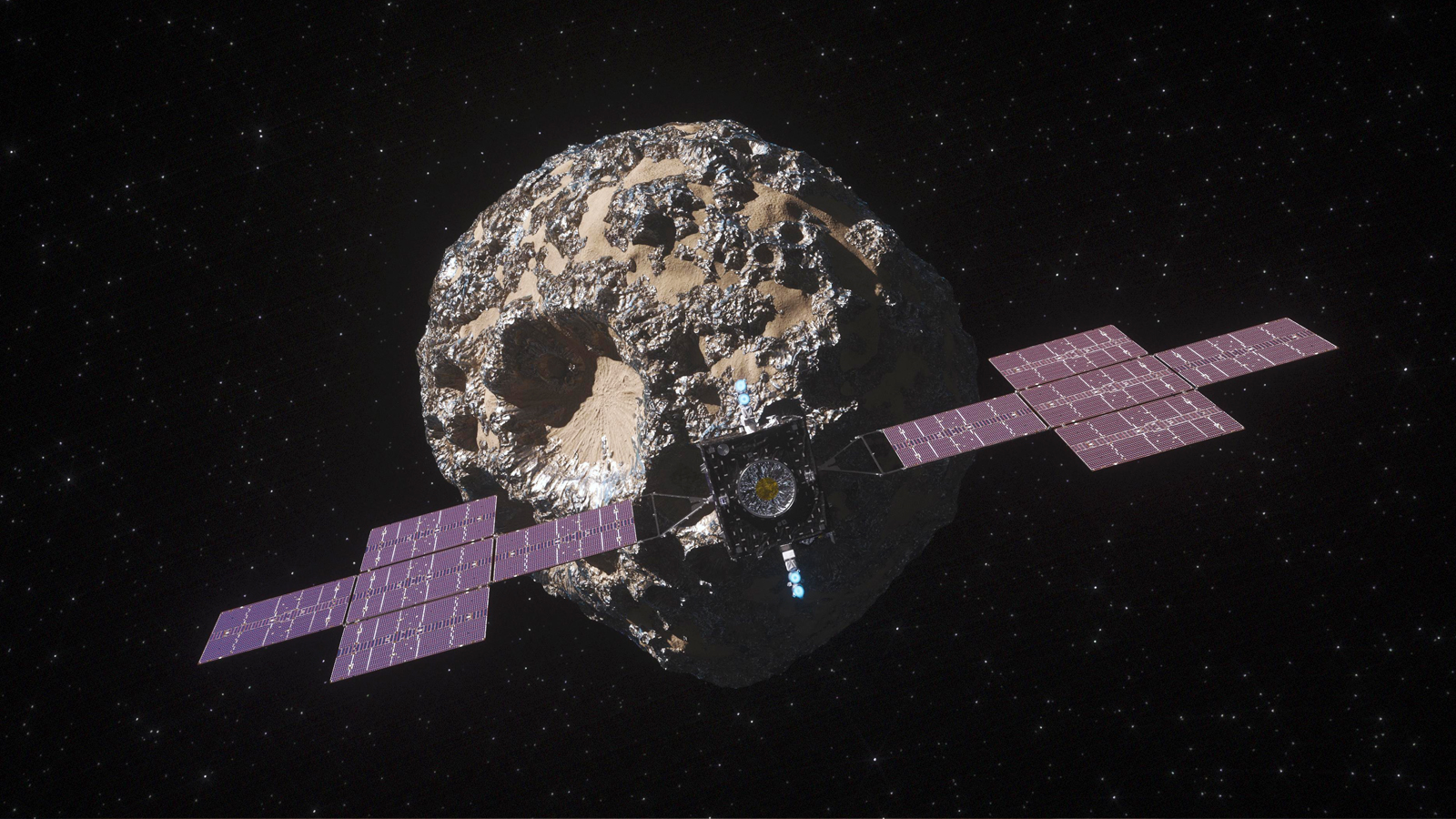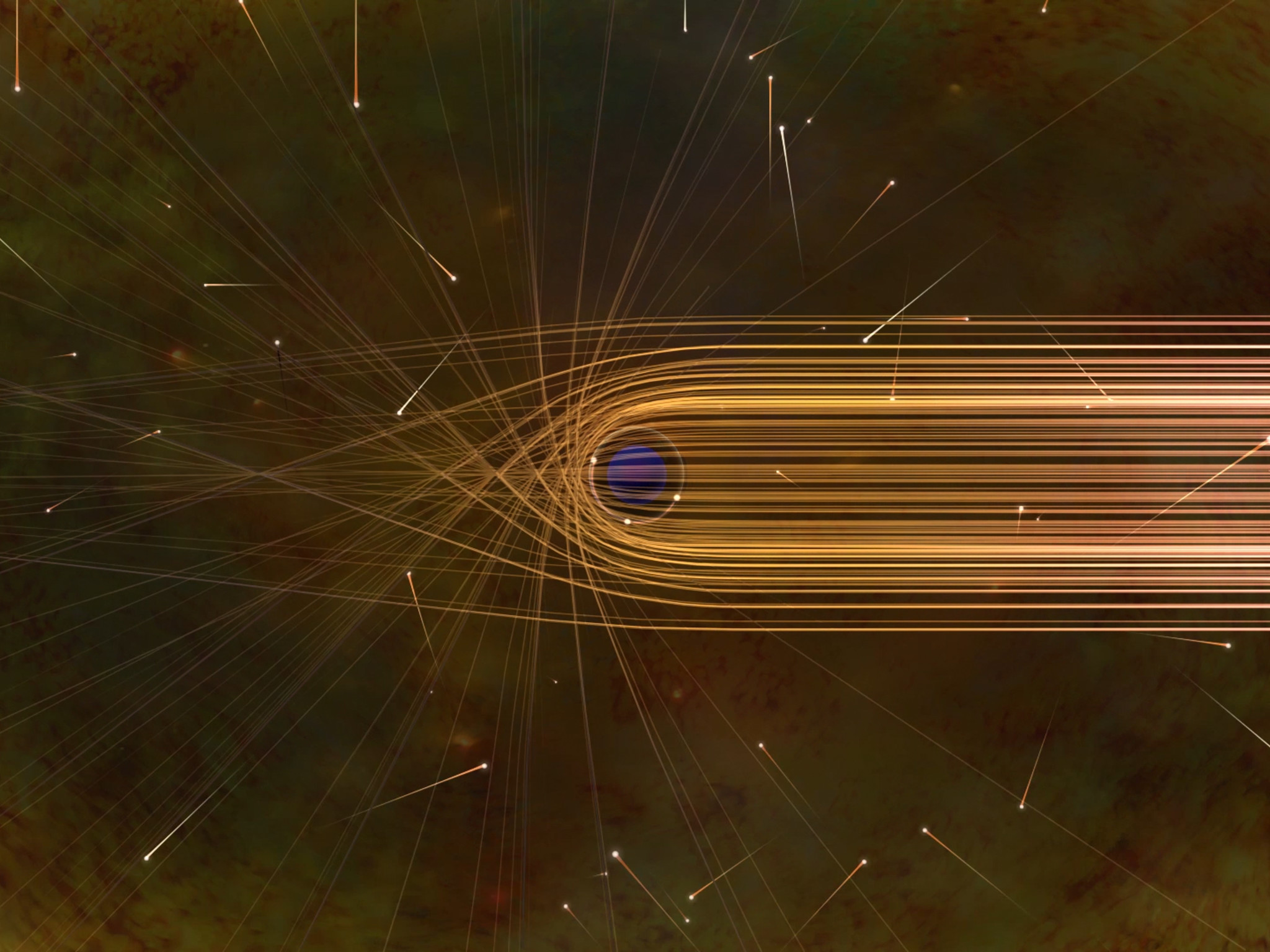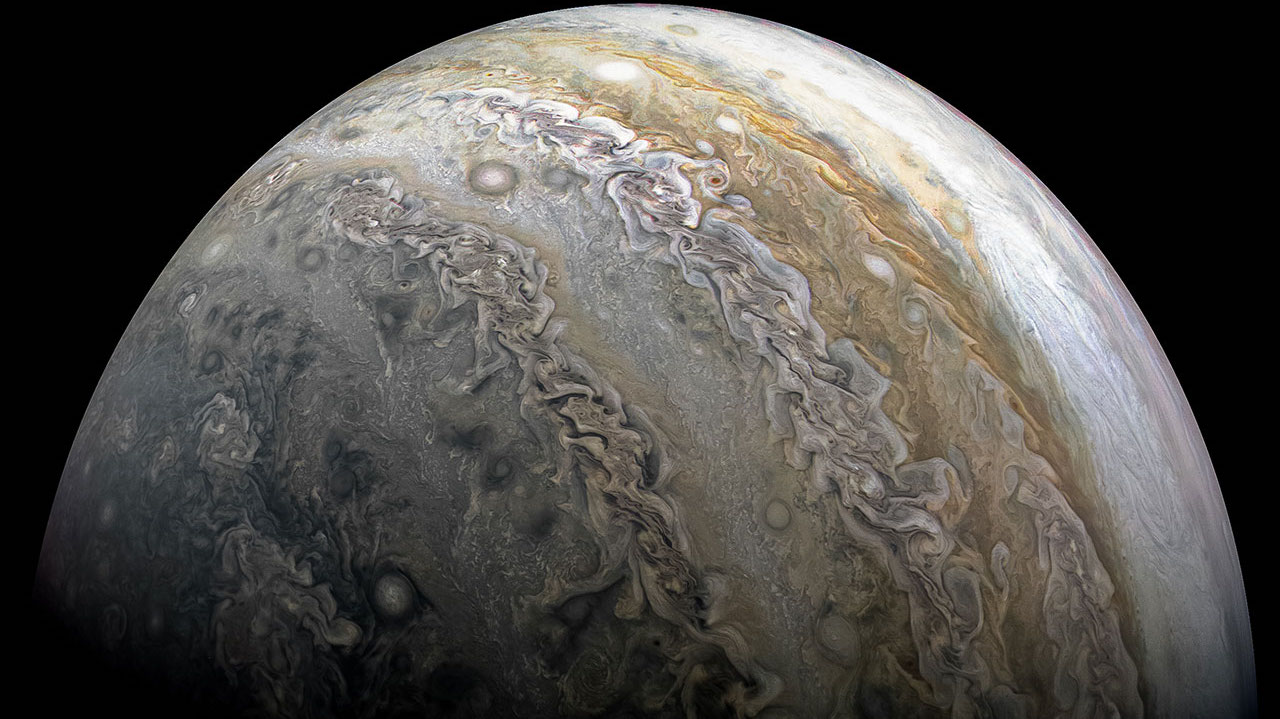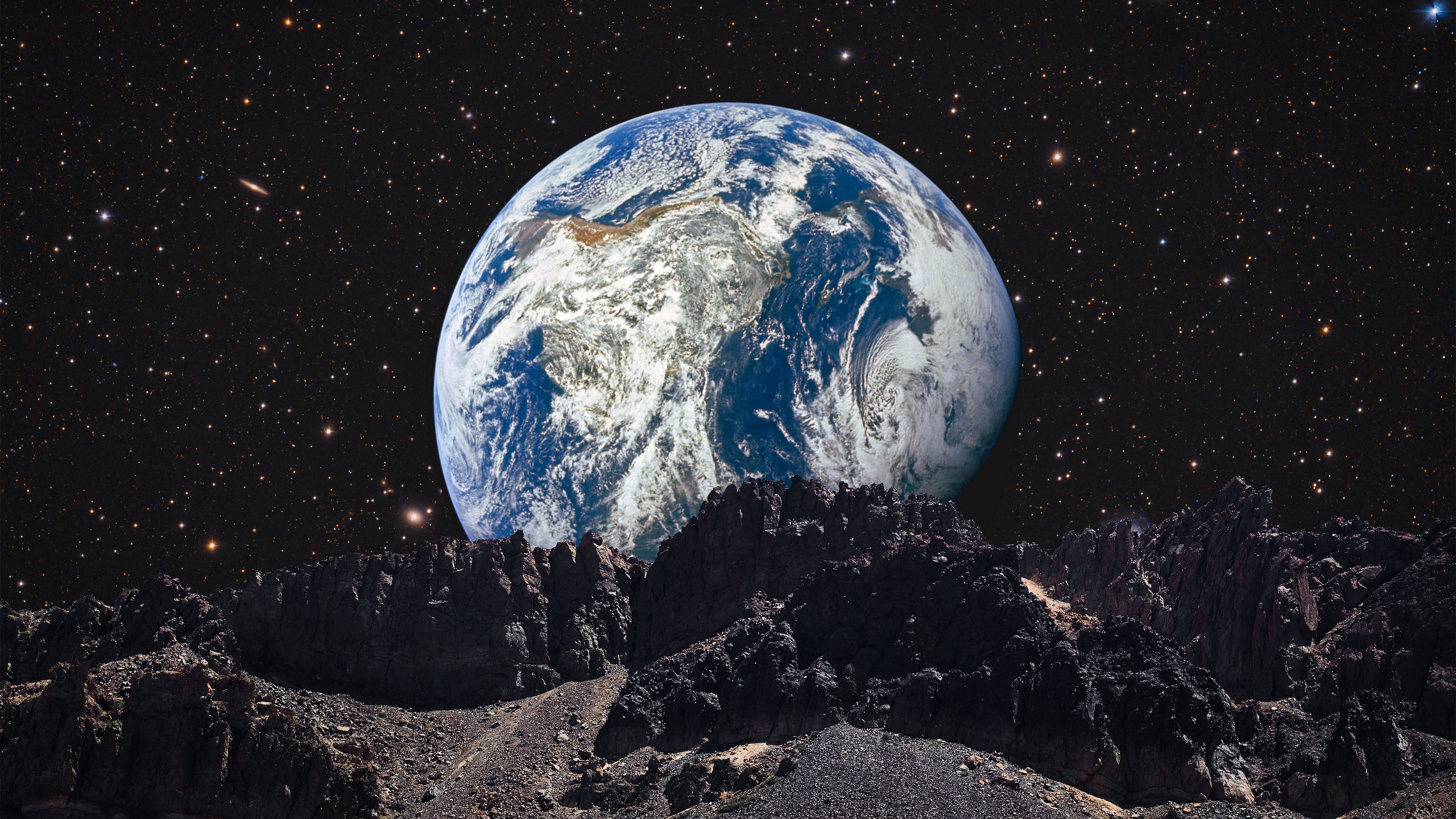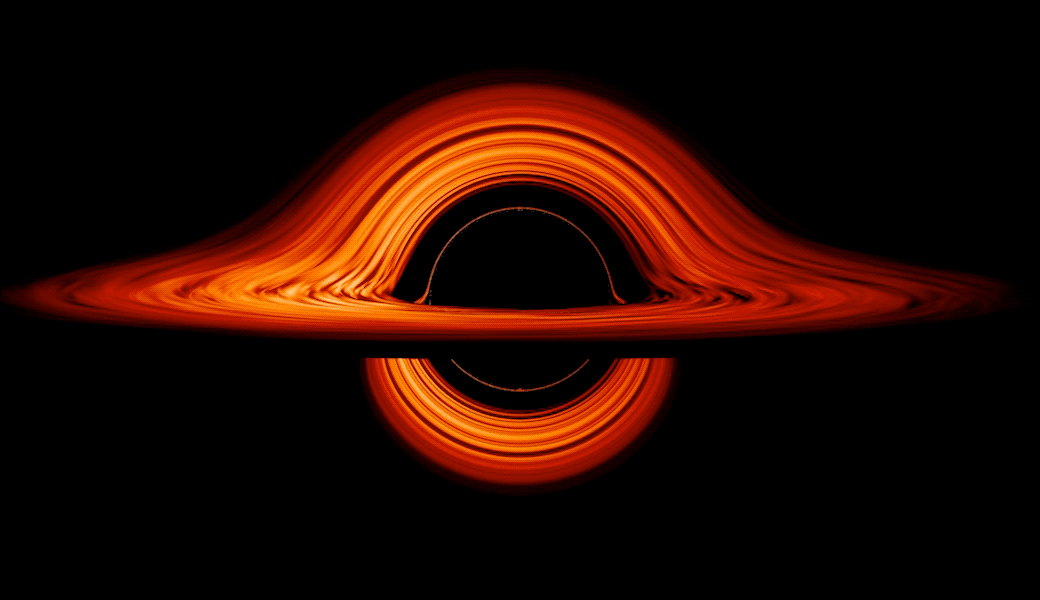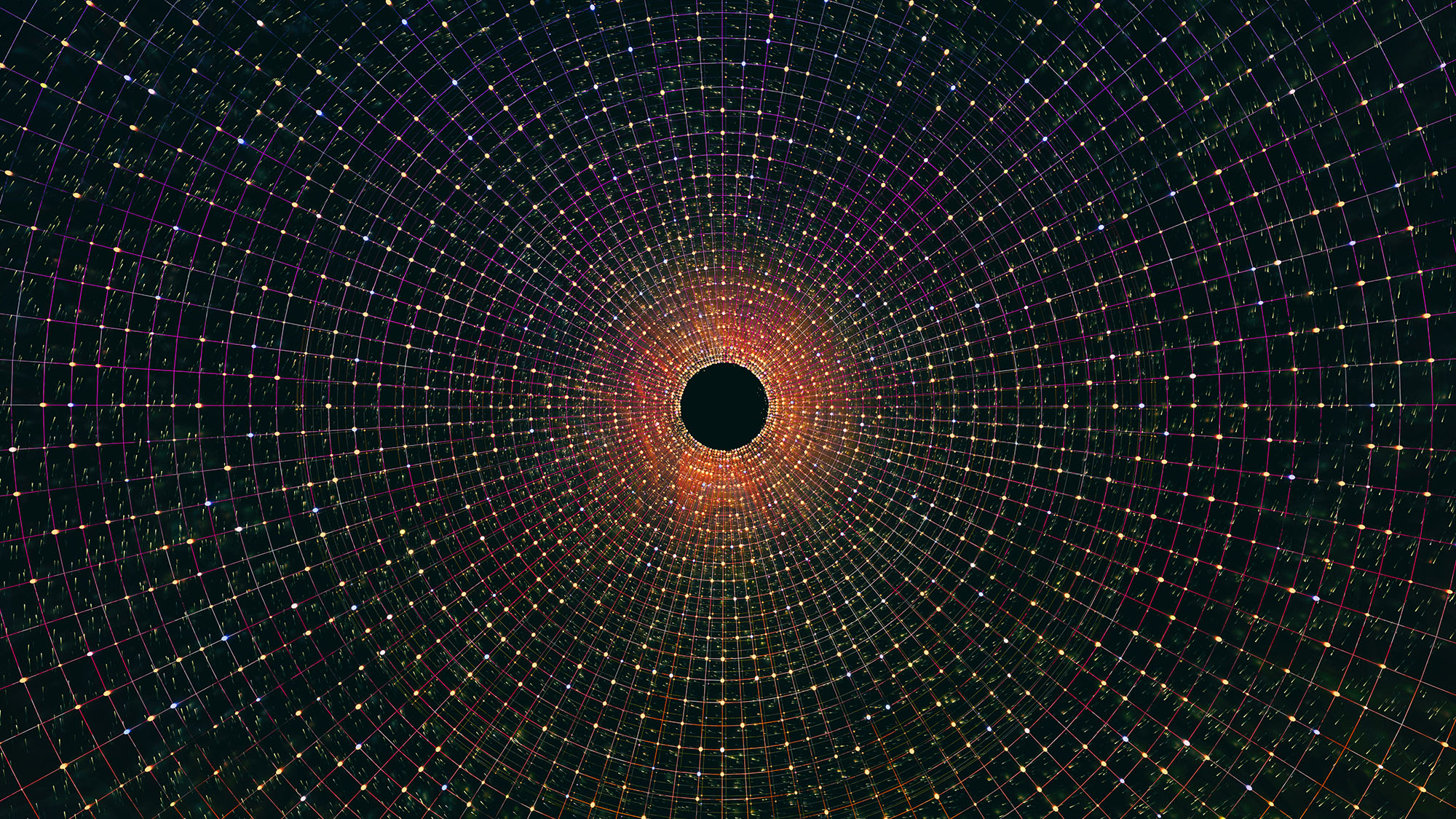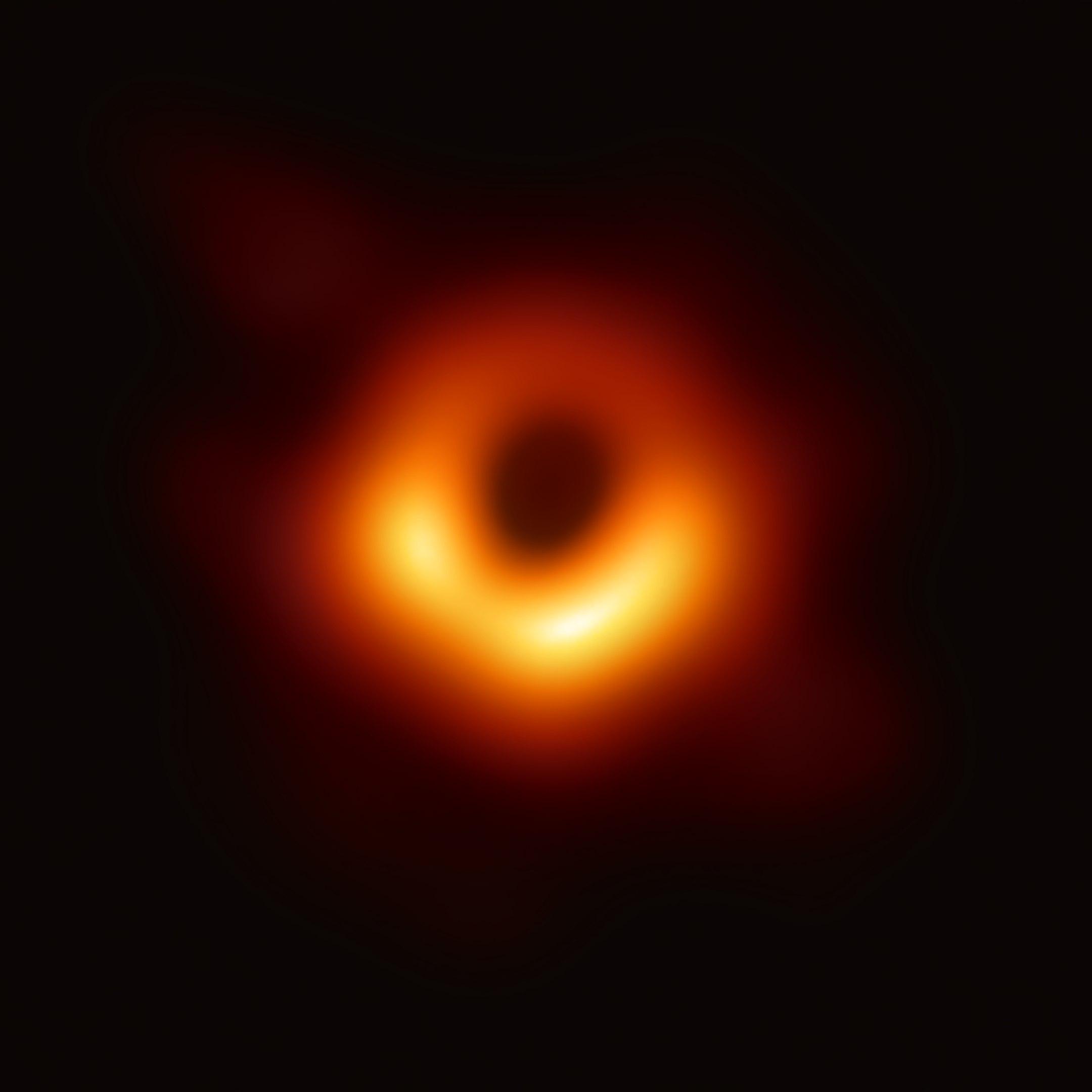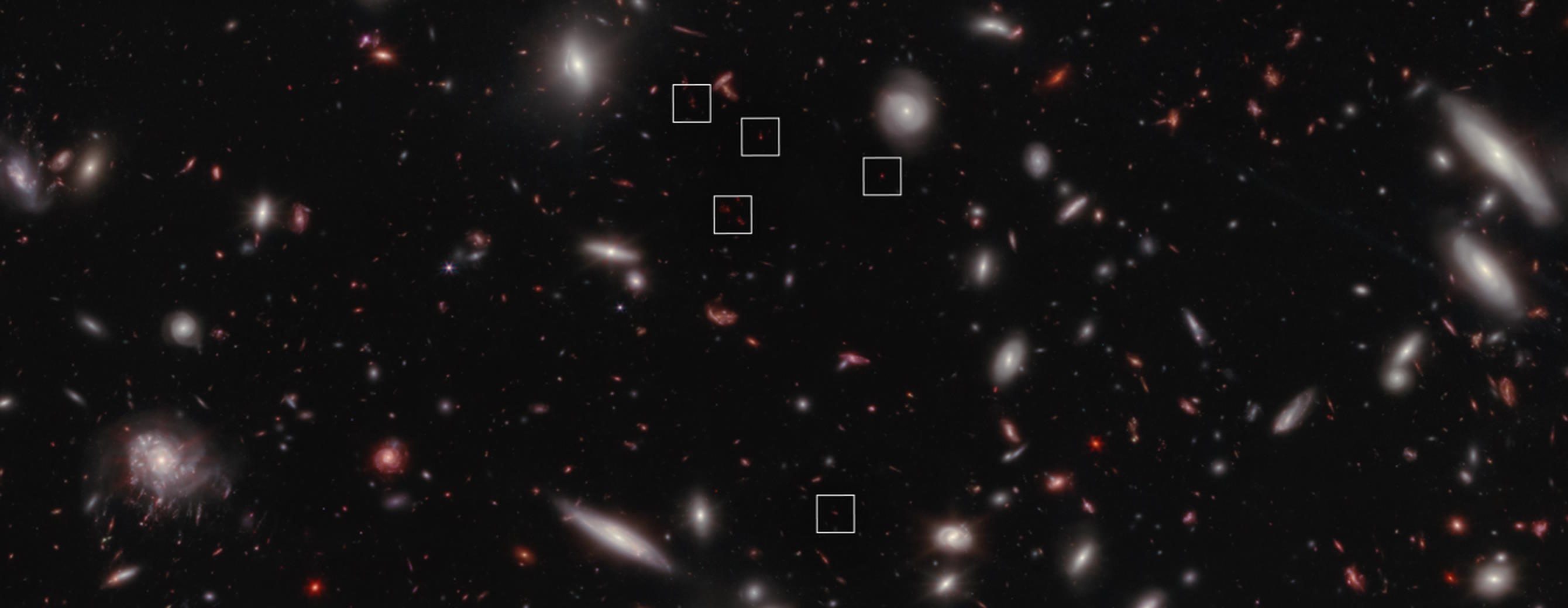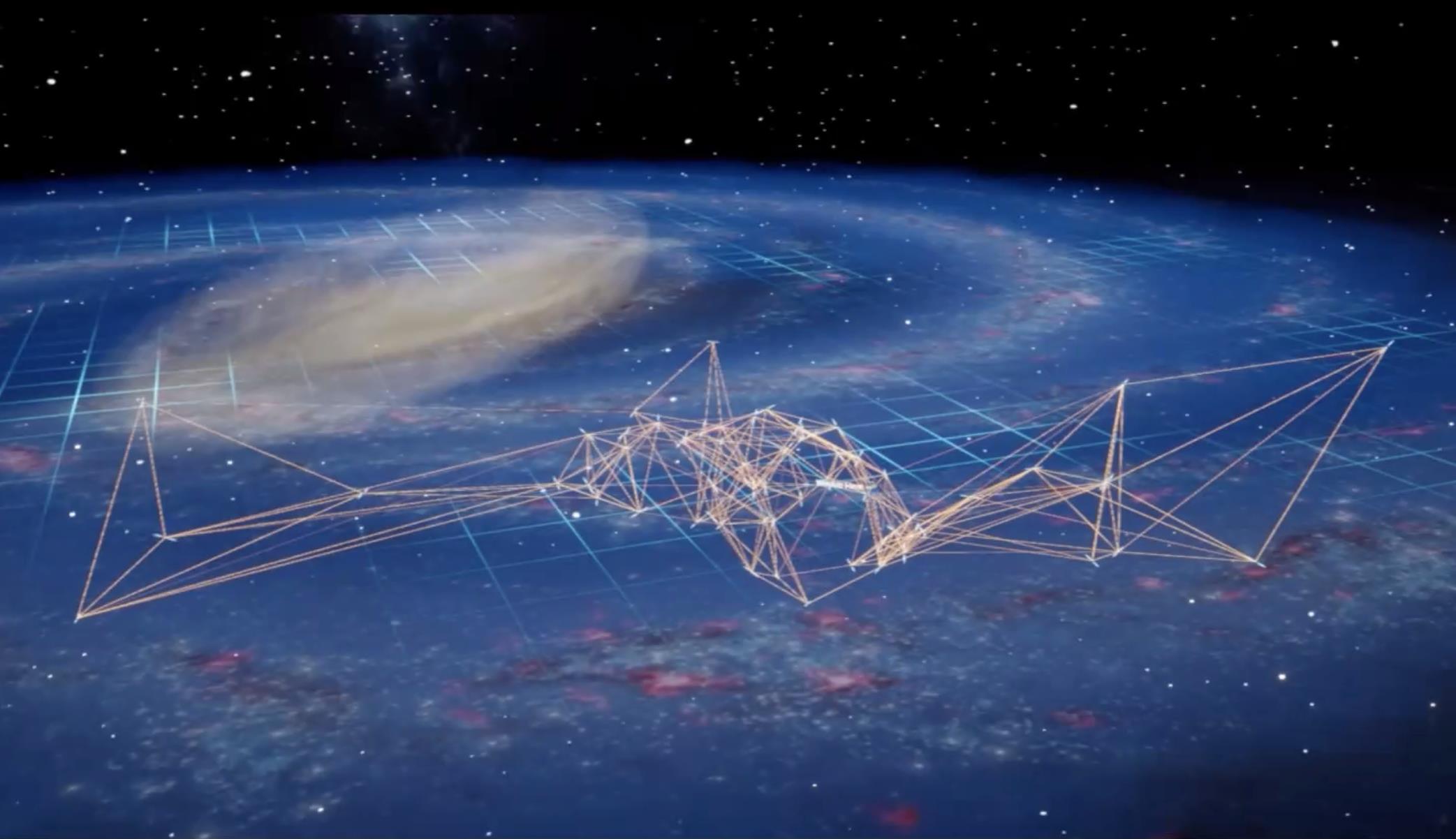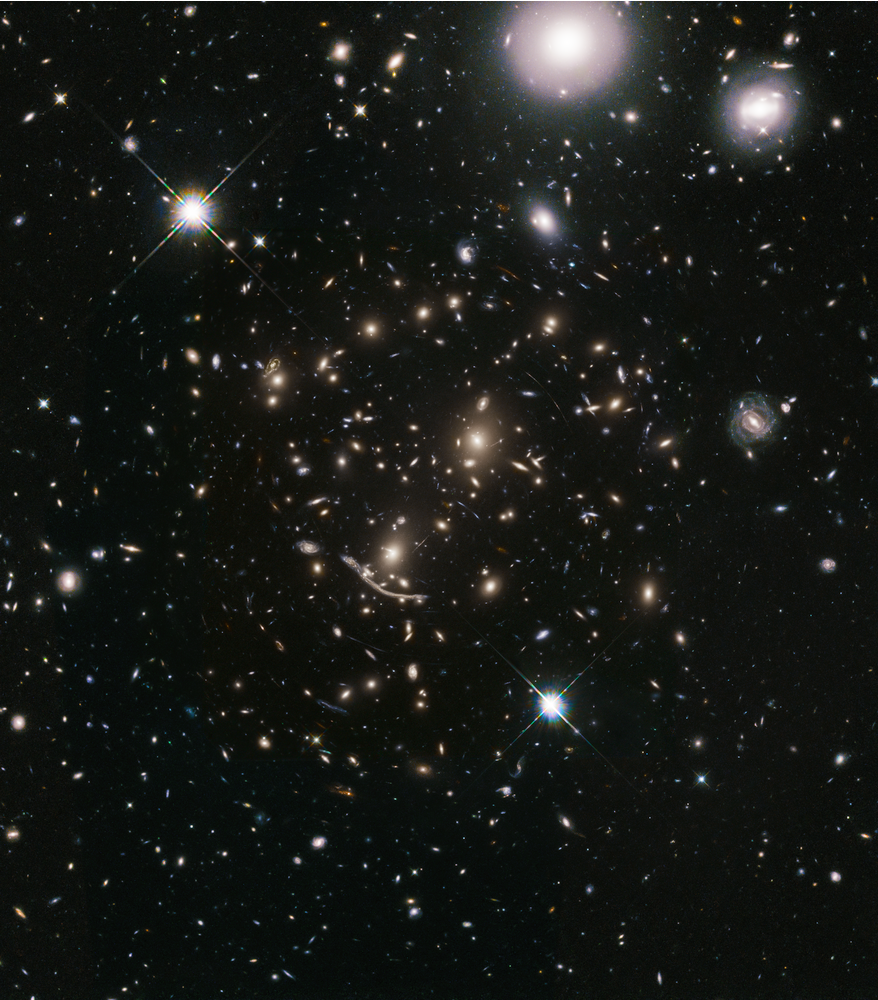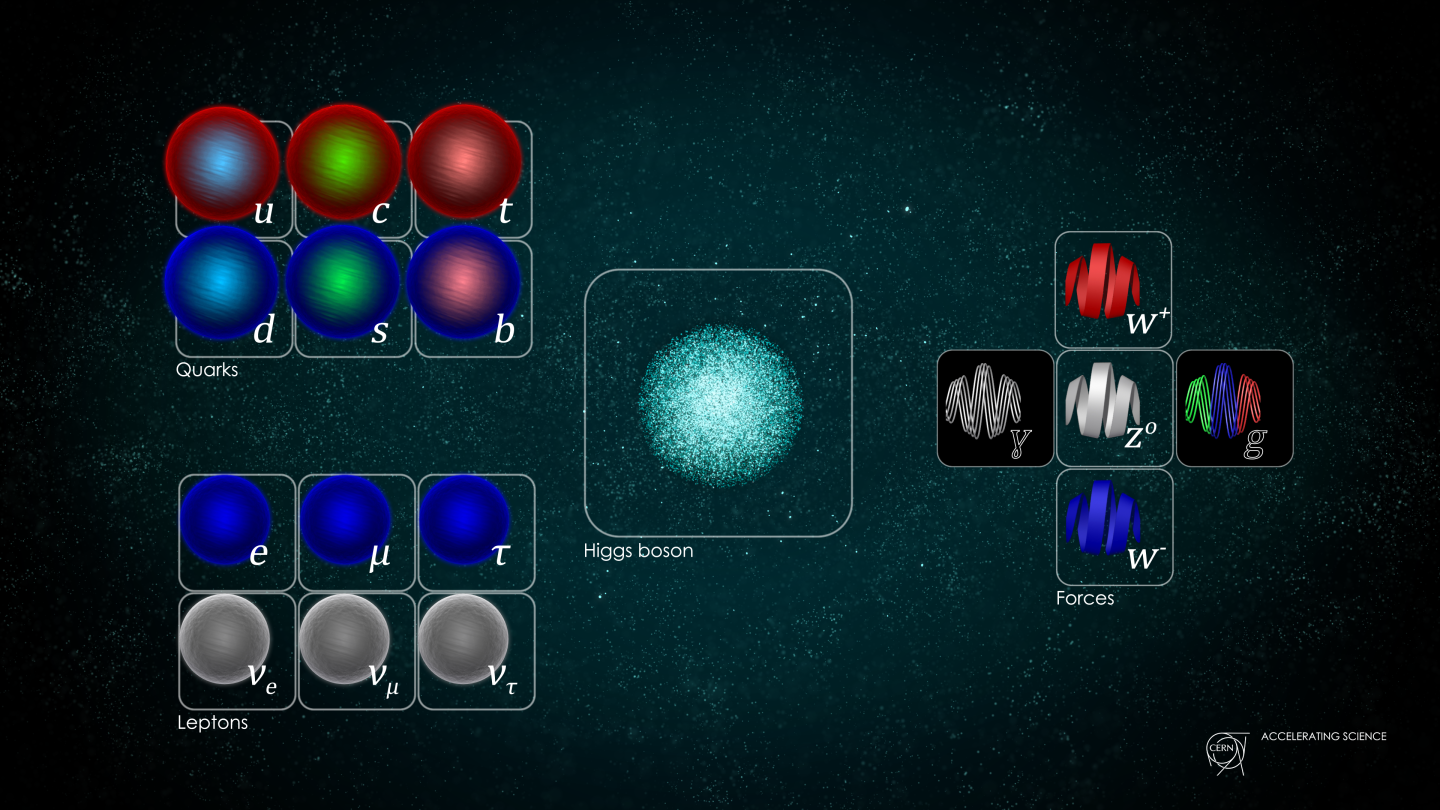This oddball system of three stars might be our best chance at finding nearby life in the Universe.
Search Results
You searched for: gravity
An annular eclipse is coming to Earth on October 14, 2023. Six months later, a total solar eclipse is headed our way. Here’s the reason why.
If you look into a mirror, you’ll notice that left-and-right are reversed, but up-and-down is preserved. The reason isn’t what you think.
How did the troughs form?
Known as orphaned planets, rogue planets, or planets without parent stars, these “outliers” might be the most common planet of all.
Sun-like stars live for around 10 billion years, but our Universe is only 13.8 billion years old. So what’s the maximum lifetime for a star?
There’s an extra source of massive “stuff” in our Universe beyond what gravitation and normal matter can explain. Could light be the answer?
The multiverse pushes beyond the limits of the scientific method. From our vantage point in the Universe, we cannot know if it’s real.
The transformational change driven by AI will elevate neurodiversity inclusion as an organizational asset, argues Maureen Dunne.
Many people out there, including scientists, claim to have discovered a series of game-changing revolutions. Here’s why we don’t buy it.
We’ll never be able to extract any information about what’s inside a black hole’s event horizon. Here’s why a singularity is inevitable.
No matter how hard we try, we will never reach a final theory that unifies scientific knowledge. The very nature of science doesn’t allow it.
Whether you call it 10 quintillion, 10 million trillion, or 10 billion billion, it’s a 1 followed by 19 zeroes.
There are at least 15 different types of solid water (ice). Now, scientists believe that there might be a second type of liquid water.
What do we mean by a black hole’s size? A photon sphere? The minimal stable orbit? The event horizon? The singularity? Which one is right?
The multiverse is an idea that has gained a lot of traction in popular culture. But what does science have to say about it?
The outer planets’ clouds hide the weirdness within.
Grief never ends. There is no closure, but there are things we can do to mitigate the feeling of loss.
Social media distorts the reality of the public sphere.
Explanations for the cosmic speed limit often conflate mass with inertia.
Not too hot, not too cold…
With two different black hole event horizons now directly imaged, we can see that they are, in fact, rings, not disks. But why?
Before there were planets, stars, and galaxies, before even neutral atoms or stable protons, there was the Big Bang. How did we prove it?
Singularities frustrate our understanding. But behind every singularity in physics hides a secret door to a new understanding of the world.
For the first time, light that comes from behind a black hole has been spotted.
Finding out how the Universe grew up was the biggest science goal of JWST. This ultra-early proto-galaxy cluster is one amazing discovery.
After 15 years of monitoring 68 objects known as millisecond pulsars, we’ve found the Universe’s background gravitational wave signal!
It’s the origin of our entire observable Universe, but it’s still not the very beginning of everything.
Some constants, like the speed of light, exist with no underlying explanation. How many “fundamental constants” does our Universe require?
